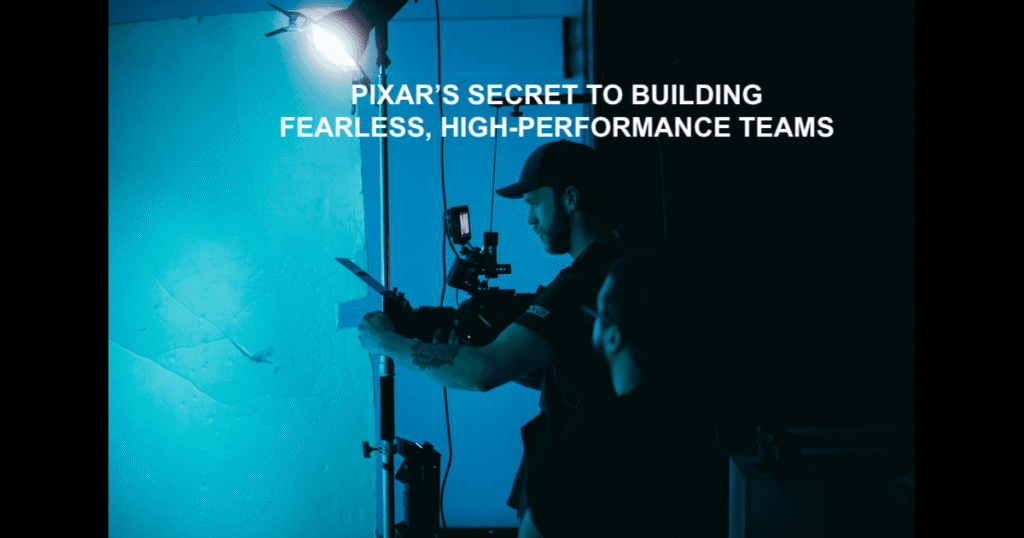Is your organization reactive or proactive? Do you find your industry being disrupted or are you the one disrupting? Are you adapting to change or anticipating change?
The opening questions appear to present a series of opposites: diametrically opposed business mindsets, actions and skill sets. However, in the fast pace of business today, the most successful companies incorporate both strategies, being agile and anticipatory, adapting to change.
To practice these strategies simultaneously is not easy and in reality, many companies choose to be reactive, adapting quickly and decisively to changing business disruptions. But businesses will never eclipse the competition by reacting to disruption. As Daniel Burrus asserts, “Agility doesn’t allow you to innovate and jump ahead of the competition.” The reality of business today is that organizations need to be both reactive and proactive, adaptive and anticipatory of change.
Recently I spoke with the CEO of a well-established hotel chain. He lamented the rapid changes and current state of the hospitality industry. “Airbnb is killing our business! It’s getting harder to compete with them. They are able to offer accommodation to customers at a fraction of our costs.” I asked him to tell me about his strategy to address the future.
His reply stunned me.
He said, “First of all, we tell all of our employees to stop using mobile devices, apps and technology to book their vacations. Secondly, we tell them not to use companies like Uber or Airbnb; those companies are our direct competition.”
Notice his strategy is neither adaptive nor anticipatory; in fact, his reaction is defensive and unrealistic, ignoring the constant reality of change. He just hopes the disruptors will go away. But we all know that’s not going to happen. We must learn how to manage and adapt to change.
In fact, new start-up companies, disruptors, are popping up all around us. But even more impressive are innovative companies that are able to reinvent themselves and disrupt their markets: Netflix, Snapchat and giants like Amazon, who anticipate the future and challenge other industries with their new business lines. For instance, Amazon is winning business from older, big box rivals with its recent purchase of Whole Food Markets stores. Amazon can deliver any product to customers not only at a low cost, but often faster than it takes to buy goods from a physical store.
In order to future-proof your company you must embrace change and transition. The best strategy is to incorporate a model that includes elements of agility and anticipation. Even if your company is adept at anticipating the future and future trends, there will always be a need to react and adapt to unforeseen events or problems.
Here are some quick tips to help you adapt to change and anticipate future trends:
- Learn to make decisions more quickly. Do the research; make a decision. Many people spend more time making a decision than researching the issues. Rather, train yourself to make a decision after you’ve done the research. If decision-making is difficult for you, practice by making smaller, less important decisions quickly. Decision-making is a skill and a discipline that can be learned.
- If you make a bad decision, cut your losses and move on. Failing is not the problem… failing slowly is. Learn to fail quickly. Think of Coca Cola’s fiasco in 1985 when it changed its winning formula and introduced New Coke. After a disastrous response from angry fans, on day 77 Donald Keough, President of Coca-Cola Company announced the return of the old Coke. Fortunately, Mr. Keough was able to admit his mistake and save his company from catastrophe.
- Spend time thinking about the future. Look at current trends. Which of these trends appear to be fads and which ones are here to stay? Think about how these trends might impact your industry. Look for creative ways to solve problems that will arise from the trends. Identify opportunities and act to shape the future.
Practice being adaptive and anticipatory. With these two strategies in mind, you’ll future-proof your company for success. Learn to be agile and adapt quickly to changes and problems. Keep your eyes open for current and future trends, and act today.
Future proof you business. Learn how to manage change from The Change Specialist.





